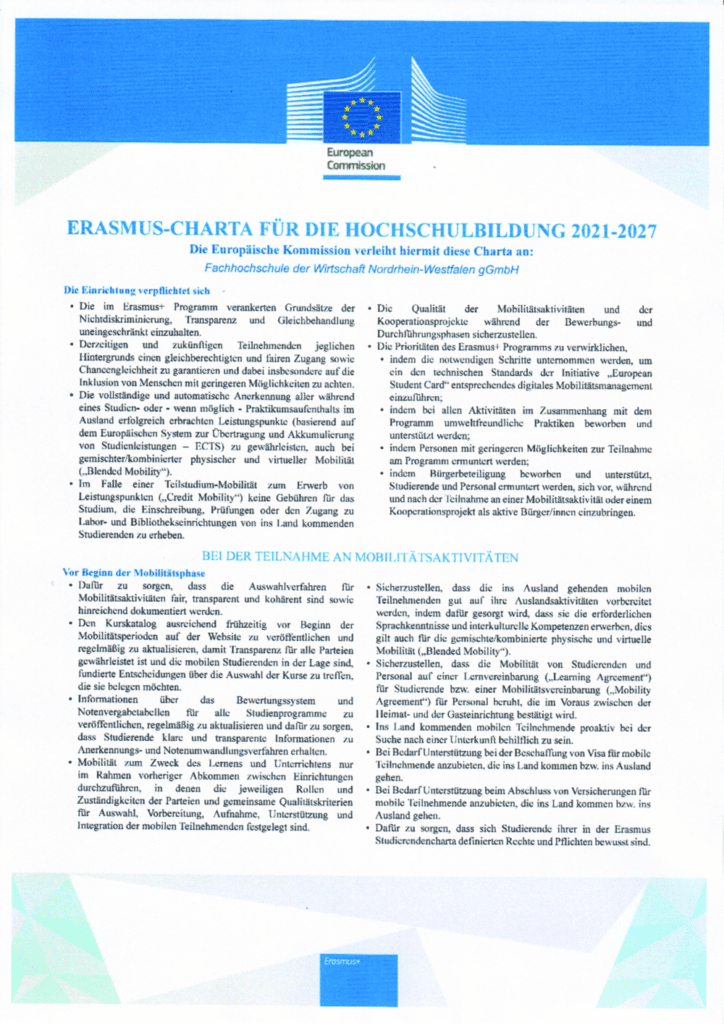ERASMUS+
EU program promotes European exchange
Erasmus+ is the European Union’s program for education, youth and sport. The program contains three key actions: Key Action 1 “Learning mobility of individuals”, Key Action 2 “Cooperation to foster innovation and exchange best practices” and Key Action 3 “Supporting policy reforms”. The FHDW participates in key action 1. For example, Bachelor’s, Master’s and doctoral students can each receive funding for up to 12 months.
FAQ
What are the aims of Erasmus+?
Erasmus+ has a budget of around 14.8 billion euros.
The funding is primarily used to strengthen mobility within Europe and, to a lesser extent since 2015, with other parts of the world. This includes students in all study cycles up to and including the doctorate who would like to complete part of their studies or an internship abroad. For the first time, Bachelor’s, Master’s and doctoral students can each receive funding for up to 12 months. In order to increase the financial incentive for a stay abroad, the monthly mobility allowance for students will also be increased, especially for host countries with a higher cost of living. In future, internships abroad will also be possible after graduation. Finally, Erasmus+ offers students who wish to complete an entire Master’s degree in Europe the opportunity to take out a low-interest loan. The previous Erasmus Mundus excellence funding, which supports the entire Master’s degree program of outstanding students in selected European Master’s programs with a joint degree, will be continued under Erasmus+.
Erasmus+ also contributes to the further internationalization of universities by funding short-term lectureships and further education stays for teaching and administrative staff. Furthermore, the universities can invite company personnel from abroad to teach and can now also participate in multilateral strategic partnerships with other European partners (also from the non-academic sector) and jointly develop innovative projects (e.g. in the area of curriculum development or on cross-educational topics). Erasmus+ offers funding for cooperation with industry in the new knowledge alliances. Universities that wish to become involved in capacity building in third countries can do so in the program’s international university partnerships.
Funding for most mobility measures and the Strategic Partnerships is awarded by the National Agencies in the 33 program countries (28 EU countries, Iceland, Liechtenstein, FYR Macedonia, Norway, Turkey). In Germany, this task is still performed by the German Academic Exchange Service (DAAD).
Study abroad for students (SMS)
Erasmus gives students the opportunity to study in another European country and expand their social and cultural skills. They get to know the academic system of the partner university abroad and benefit from its teaching and learning methods.
After completing their first year of study, students can receive funding for a study visit of between three and twelve months at a foreign partner university. You can apply for funding several times in each study cycle (Bachelor’s, Master’s, doctorate).
Erasmus+ offers students the following benefits:
- Mobility allowance for additional costs incurred abroad
- Exemption from tuition fees at the partner university
- Support in preparing for your stay abroad
- Academic recognition of academic achievements abroad
- Special grants for single parents and students with disabilities
The selection criteria include:
- Academic achievements
- Justification / Motivation
- Language skills of the target country
- Proof of intercultural skills, if applicable
Therefore, the application documents include the CV, the application form (provided by the IO), a letter of motivation (1 to 2 A4 pages) and copies of the FHDW certificates. Students are tested before and after the mobility to determine their foreign language skills. Erasmus+ also provides online linguistic support, which includes language courses and language tests for the respective destination country.
In advance, the IO concludes agreements with the scholarship holder regarding the planned study visit, including a Learning Agreement. Special service of the FHDW: The IO will select the study modules to be completed at the partner university for the recognition of your academic achievements. The scholarship holder’s obligations after returning from abroad include submitting an experience report and a certificate from the partner university. In addition, the beneficiaries must take part in an online survey conducted by the EU Commission.
The Erasmus+ Charter for Students provides information about rights and obligations as well as what can be expected from the FHDW and the host partner university in the respective phases of the program (before, during and after the mobility).
Internship abroad for students (SMP)
Erasmus+ funds internships for students in a host institution in another European country (EU institutions or institutions that manage EU programs as well as diplomatic representations of the students’ countries of origin are excluded). Students can gain work experience in an international environment. In addition, they can expand their key qualifications such as communication and cooperation skills and their knowledge of other cultures and markets. The program countries in which the internship is funded can be found in the section “How much financial support is available?”.
Students can receive funding for a compulsory internship or a voluntary internship of between two and twelve months directly after enrolling. Funding can be provided during and after completion of studies. For internships planned after graduation (graduate internships), the application must be submitted in the final year of study.
Erasmus+ offers students the following benefits:
- Mobility allowance for additional costs incurred abroad
- EU internship agreement between university, company and student
- Support in preparing for your stay abroad
- Support during the internship by a contact person at the home university and at the company
- Academic recognition of achievements abroad
- Special grants for students with disabilities
Students from all FHDW campuses (Paderborn, Bergisch Gladbach, Bielefeld, Mettmann and Marburg) can apply twice a year via the International Office (IO). The IO will inform all students of the next application deadline in good time by e-mail.
The selection criteria include:
- Academic achievements
- Language skills of the target country
- Justification / Motivation
- Quality of the internship and the internship project
- Proof of intercultural skills, if applicable
Therefore, the application documents include the CV, the application form (provided by the IO), a letter of motivation (1 to 2 A4 pages) and copies of the FHDW certificates. Students are tested before and after the mobility to determine their foreign language skills. Erasmus+ also provides online linguistic support, which includes language courses and language tests for the respective destination country.
In advance, the IO concludes agreements with the scholarship holder regarding the planned internship, including a Learning Agreement. The scholarship holder’s obligations after returning from abroad include submitting an experience report and a certificate from the internship company. In addition, the beneficiaries must take part in an online survey conducted by the EU Commission.
The Erasmus+ Charter for Students provides information about rights and obligations as well as what can be expected from the FHDW and the host company in the respective phases of the program (before, during and after the mobility).
Teacher mobility (STA)
Erasmus supports guest lectureships at European partner universities that hold an Erasmus+ Charter (ECHE). The guest lecturers are expected to strengthen the European dimension of the host university through their stay, complement its curriculum and impart their specialist knowledge to those students who are unable or unwilling to study abroad. This will include the development of joint study programs between the two partner universities and the exchange of teaching content and methods.
It is also possible to promote teaching measures by foreign company personnel at German universities in order to strengthen cooperation between universities and commercial enterprises. Staff mobility must take place in a program country that is not the country of the sending university and not the main country of residence of the person concerned. University staff from a German university with ECHE may be sponsored for teaching purposes at a host university with ECHE. In addition, staff from another institution based in another program country that is active in the labor market or in the fields of education, training or youth can be funded for teaching purposes at a German university with ECHE. Teaching stays within Europe last between two days and two months (excluding travel time); the teaching workload is at least eight hours per stay or per week or part thereof.
The following group of people, for example, can be supported:
- Lecturers who have a contractual relationship with the university
- Lecturers without endowment
- Lecturers with work contracts
- Emeritus professors and retired lecturers
- Scientific staff
- Company personnel (incoming).
The program offers the following services:
- Reimbursement of travel expenses
- Reimbursement of subsistence costs up to an EU maximum rate graduated by destination country.
Mobility of personnel (STT)
Erasmus+ enables further education and training measures for university staff in programme countries to expand internationalization.
The advantages of an Erasmus+ stay:
- Stay on the basis of a coordinated program
- Professional exchange and new perspectives
- Strengthening your own skills
- Expanding and deepening networks.
For further education and training purposes, higher education staff from a German higher education institution with ECHE may be funded at a host higher education institution with ECHE or another institution based in another program country that is active in the labor market or in the fields of education, training or youth. Stays abroad last a minimum of two days and a maximum of two months.
University staff from all areas can be funded, e.g:
- General and technical administration
- Library
- Specialist areas
- Finances
- International Office
- Public relations
- Student counseling
Training formats (examples)
- Work shadowing
- Job Shadowing
- Study visits
- Workshops and seminars
- Language courses
The program offers the following services:
- Reimbursement of travel expenses
- Reimbursement of subsistence costs up to an EU maximum rate graduated by destination country.
Funding rates for student mobility (SM)
The financial support for Erasmus+ student stays is based on the different costs of living in the destination countries (“program countries”). The funding rates set by the FHDW in agreement with the BMBF in accordance with the specifications of the European Commission are for the three country groups:
for Erasmus+ study visits (SMS):
- Group 1 (
600 Euro per month
): Denmark, Finland, Ireland, Iceland, Liechtenstein, Luxembourg, Norway, Sweden, partner countries from Region 14 (Faroe Islands, Switzerland, United Kingdom). - Group 2 (
540 Euro per month
): Belgium, France, Greece, Italy, Malta, Netherlands, Austria, Portugal, Spain, Cyprus, partner countries from region 13 (Andorra, Monaco, San Marino, Vatican State) - Group 3 (
490 Euro per month
): Bulgaria, Croatia, Czech Republic, Estonia, Hungary, Latvia, Lithuania, Poland, Romania, Serbia, Slovakia, Slovenia, Republic of North Macedonia, Turkey
for Erasmus+ practical placements (SMP):
- Group 1 (
750 Euro per month
): Denmark, Finland, Ireland, Iceland, Liechtenstein, Luxembourg, Norway, Sweden, partner countries from Region 14 (Faroe Islands, Switzerland, United Kingdom). - Group 2 (
690 Euro per month
): Belgium, France, Greece, Italy, Malta, Netherlands, Austria, Portugal, Spain, Cyprus, partner countries from region 13 (Andorra, Monaco, San Marino, Vatican State) - Group 3 (
640 Euro per month
): Bulgaria, Croatia, Czech Republic, Estonia, Hungary, Latvia, Lithuania, Poland, Romania, Serbia, Slovakia, Slovenia, Republic of North Macedonia, Turkey
Funding rates for staff mobility (ST)
The financial support for Erasmus+ mobility measures for teaching purposes or for further education and training is based on the different costs of living in the target countries (“program countries”). Uniform daily rates apply for funding from German universities. Since 2014, the following fixed daily rates have applied for Germany for four groups of countries up to 14th day of stay, from From the 15th to the 60th day of the stay, the subsidy amounts to 70% of the daily rates mentioned:
- Group 1: 180 euros per day for Denmark, Finland, Ireland, Iceland, Liechtenstein, Luxembourg, Norway, Sweden
- Group 2: 160 euros per day for Austria, Belgium, Cyprus, France, Germany, Greece, Italy, Malta, Netherlands, Portugal, Spain
- Group 3: 140 euros per day for Bulgaria, Croatia, Czech Republic, Estonia, Hungary, Latvia, Lithuania, North Macedonia, Poland, Romania, Serbia, Slovakia, Slovenia, Turkey
In addition to these daily rates, travel expenses are reimbursed. The one-way distance is the basis for calculating the amount of EU financial assistance for the journey there and back. The following amounts will be reimbursed:
- 0 km – 99 km with 20 Euro
- 100 km – 499 km with 180 Euro
- 500 km – 1,999 km with 275 euros
- 2,000 km – 2,999 km with 360 euros
- 3,000 km – 3,999 km with 530 euros
- 4,000 km – 7,999 km with 820 euros
- 8,000 km and more with 1,500 euros
The Erasmus Charter of the FHDW
Every higher education institution participating in the EU Erasmus+ program must have a valid Erasmus Charter for Higher Education. It is awarded by the European Commission and proves that the university meets all the requirements for successful participation in the Erasmus+ program.
Liability clause
This project (Erasmus+) was funded with support from the European Commission. This publication reflects the views only of the author, and the Commission cannot be held responsible for any use which may be made of the information contained therein.
The DAAD
The National Agency (NA) for EU Higher Education Cooperation at the German Academic Exchange Service (DAAD) is responsible for the implementation and realization of Erasmus+ for the German higher education sector on behalf of the Federal Ministry of Education and Research (BMBF). For further information and advice on Erasmus+ mobility measures, please contact:
German Academic Exchange Service
National Agency for EU Higher Education Cooperation
Kennedyallee 50
53115 Bonn
Phone +49 228 882-8877
Fax +49 228 882-555
erasmus@daad.de
www.eu.daad.de
Would you like to find out more about internships abroad?
The International Office
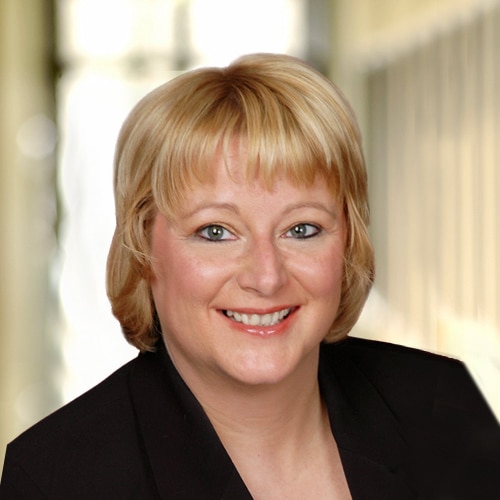
Karin Carroll-Scott
Head of International Office
international.office@fhdw.de
+49 5251 301-183
Jessica Schwabe
@Campus Paderborn
jessica.schwabe@fhdw.de
+49 5251 301-283
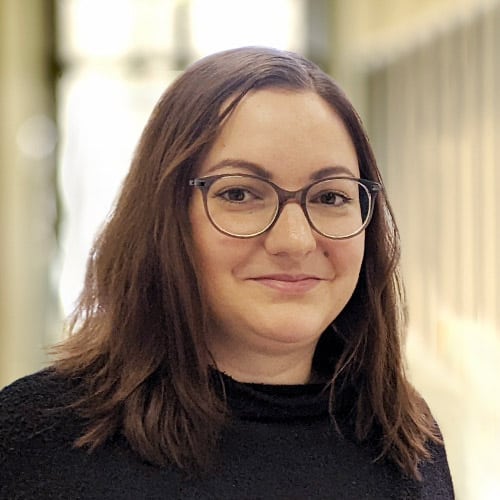
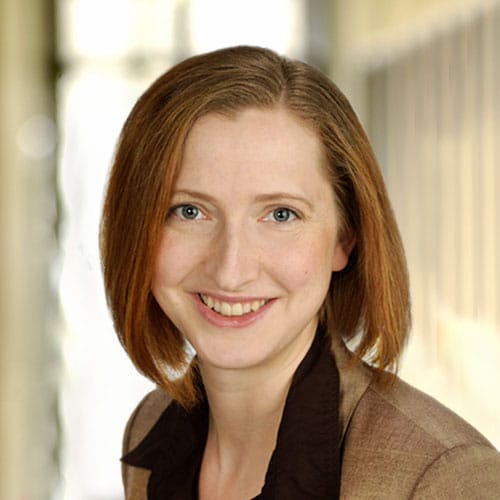
Britt Zein
@Campus Bielefeld
britt.zein@fhdw.de
+49 521 23842-231
Eva Theisen
@Campus Bergisch Gladbach
eva.theisen@fhdw.de
+49 2202 9527-364
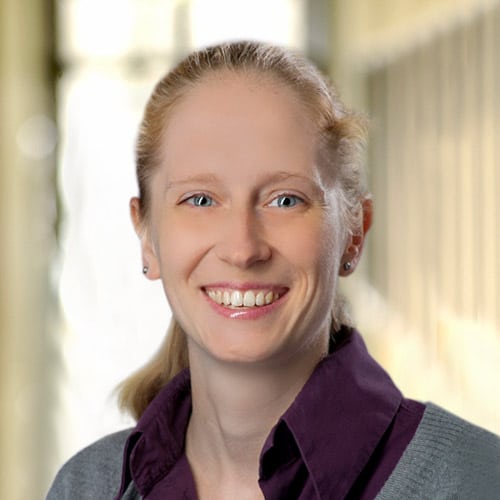
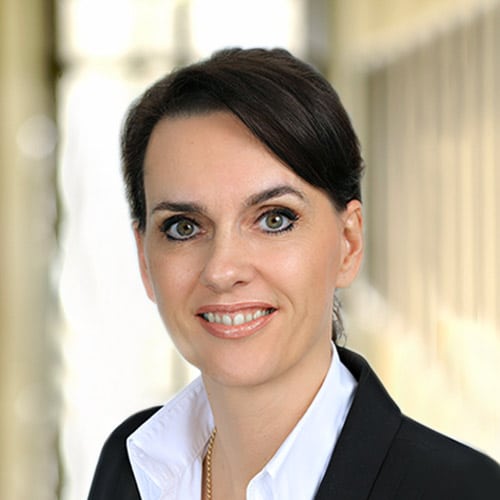
Simone Groll
@Campus Mettmann
simone.groll@fhdw.de
+49 2104 17756-304
